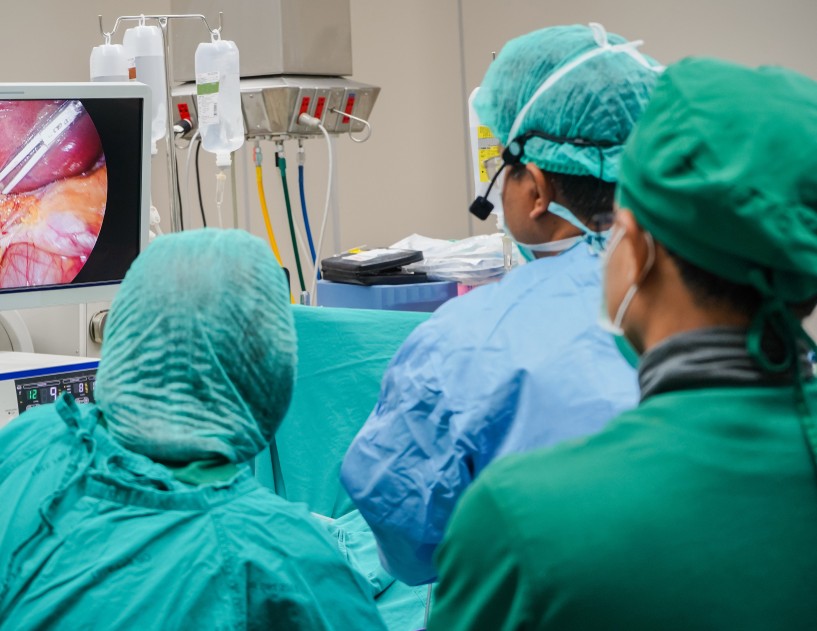Editor's Note While technology remains a driving force in healthcare’s current evolution, leaders must prioritize blending human-centered capabilities with digital fluency and a mindset of reinventing themselves, according to a November article in Healthcare Executive. In the article, American College of Healthcare Executives President and CEO Deborah Bowen, FACHE, CAE,…
Editor's Note Three nurse executives shared their essential strategies to drive effective change, including by building their own leadership skills for transforming feedback into change, according to a recent webinar summary in a November 12 HealthLeaders news story. They suggested in the webinar that nurse leaders should have a keen…

Editor's Note In this session, Beverly Kirchner, BSN, RN, CNOR(E), CASC, vice president of compliance at TriasMD and ambulatory surgery center (ASC) track leader for the OR Manager Conference, spoke on behalf of Parkland Health’s JD Boucher and Karen Garvey on how violence against healthcare workers is rising and requires…

Pinpoint accuracy in surgical technique has advanced beyond what many ever thought possible. Unfortunately, such refinements have been slower to reach the perioperative business front. OR leaders often rely on vague metrics and educated guesses to guide their teams. Ambient artificial intelligence (AI) is changing that. When integrated with data…

Effective communication is the foundation of patient safety in the modern surgical environment. Most surgical procedures depend on seamless collaboration among surgeons, nurses, surgical technologists, and anesthesiologists, and when communication breaks down, patient risk rises sharply. In 2024, the American College of Surgeons reported standardized surgical handoffs improved adherence to…

Editor's Note Hold everyone to the same standard, model the behavior you expect, and build trust through transparency—that is how OR leaders retain nurses and improve performance, according to this session’s panel that included Taneka Curtis, MHA, BSN, RN, CNOR, nurse manager-cardiac, transplant and vascular service lines, Hospital of the…
Editor's Note Transparent communication, humility, and swift action are essential for effective service recovery in perioperative services, said Leiran Cornish, MBA-HM, BSN, RN, director of nursing, Dartmouth Health Outpatient Surgery Center, and Patrel Nobles, MSN, RN, NE-BC, CNOR, system senior director, surgical services, Valley Health. Their session explored how nurse…

Editor's Note Even the most experienced nurses sometimes wonder, “Am I good enough?” That is how Laurie Burns MSN, RN, CNOR, RNFA, CIRT, clinical nurse educator, operating room; Aliaunda Macon, BSN, RN, staff nurse; and Simone Nicholson, DNP, MSN, RN, CNOR, nurse manager main operating room at Main Line Health…

Editor's Note Lead your OR like a samurai—anchor the team in purpose, practice servant leadership, and model the behavior you expect. That was the through line of this session, led by Brian Dawson, MSN, RN-BC, CNOR, CAPT, NC, USN (Ret), president and CEO of BD Perioperative Healthcare Consulting. He argued…

Current literature shows artificial intelligence (AI) is no longer a distant concept in surgical care. Innovative medtech has entered clinical practice with measurable impact, although the field remains in early stages of implementation—promising in scope, but still facing challenges with data quality, reproducibility, and integration. For instance, a 2024 systematic…